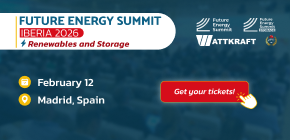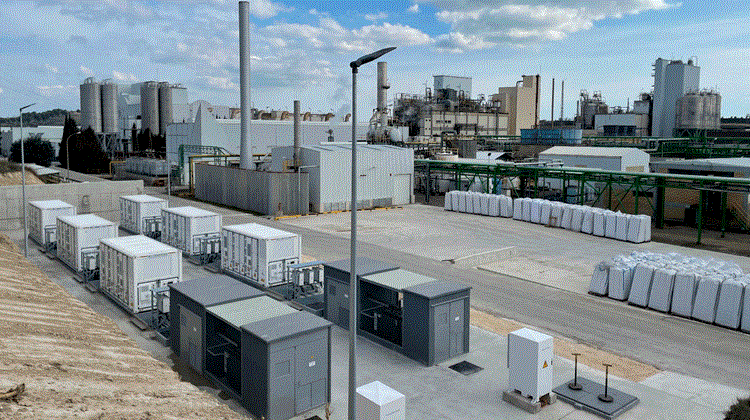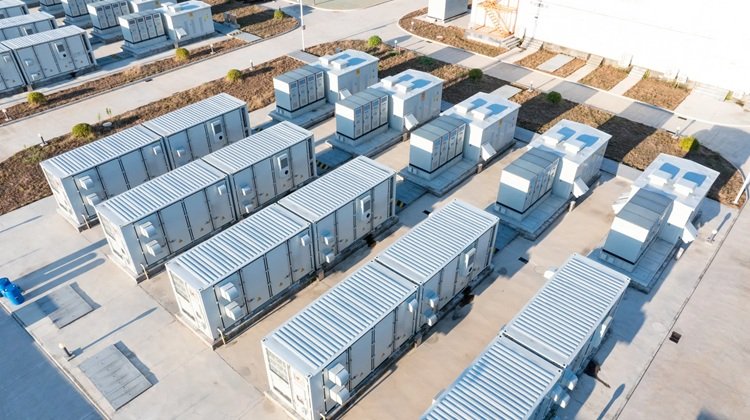In the renewable energy sector, selecting the appropriate photovoltaic technology is critical to maximising the profitability and performance of solar projects.
Yingli Green Energy, stored in photovoltaic module manufacturing, excels in delivering tailored solutions that adapt to the unique requirements of each client, leveraging TOPCon (Tunnel Oxide Passivated Contact) technology.
According to Luis Contreras, Managing Director of the company, this technology has emerged as the most efficient and competitive option in the market, though its application varies depending on the specifics of each project.
TOPCon: The Leading Technological Foundation
TOPCon technology has become the benchmark for the next generation of photovoltaic modules due to its four key advantages: higher efficiency, reduced degradation over time, improved performance under low irradiance conditions, and superior operation in high-temperature environments.
With global efficiencies ranging from 22.5% to 23.2%, Yingli’s TOPCon modules strike an optimal balance between technical performance and economic competitiveness.
“In terms of cost efficiency, it is the most competitive technology, offering a leading dollar-per-watt ratio in the market,” Contreras stated in conversation with Strategic Energy Europe.
This technology is particularly well-suited for large-scale (utility-scale) projects, where high-power modules, such as those rated at 620W, 640W, or 720W, are in high demand.
However, the versatility of TOPCon allows its adaptation to smaller or more constrained projects, such as residential or industrial self-consumption installations, where smaller modules, like those of 460W or 590W, are used to comply with local occupational health and safety regulations, as seen in the German market.
Tailoring to Client Needs
Yingli’s strength lies in its ability to customise solutions based on the characteristics of each project.
Factors such as location, topography, climate, and local regulations determine the most suitable module choice. For instance, in utility-scale projects, large-dimension modules are preferred for their ability to optimise power density and reduce installation costs.
In contrast, markets with legal or logistical constraints benefit from the flexibility offered by smaller modules.
“Yingli supports its strategic clients from the design phase, not only from a technical perspective but also in terms of technology and logistics,” Contreras explains.
This collaborative approach enables the company to propose optimal configurations that maximise efficiency while minimising operational risks.
Furthermore, Yingli collaborates with a select group of strategic distributors who prioritise quality and technological differentiation, ensuring that modules are deployed in the most suitable projects.
Quality and Expertise as Added Value
With over a decade of experience in manufacturing TOPCon modules since 2009, Yingli stands out for the quality of its products and its ability to offer robust warranties.
“Quality is a hallmark of our brand,” Contreras emphasises. This reputation translates into a flexible portfolio that not only meets technical expectations but also addresses demands for sustainability and long-term reliability.
In a market where competitiveness and performance are paramount, Yingli positions itself as a key partner for solar park developers and market analysts. Its focus on TOPCon technology, combined with personalised technical and logistical support, ensures that every solar project achieves its full potential, regardless of its scale or complexity.
Future Outlook
As the photovoltaic sector evolves, Yingli is committed to further refining its TOPCon technology, maintaining its leadership in innovation and quality.
The company’s ability to adapt to the changing needs of the market, from large-scale utility projects to self-consumption installations, ensures its relevance in an increasingly competitive landscape.
For solar energy professionals, Yingli remains a trusted partner, delivering efficiency, flexibility, and an unwavering commitment to quality.




























